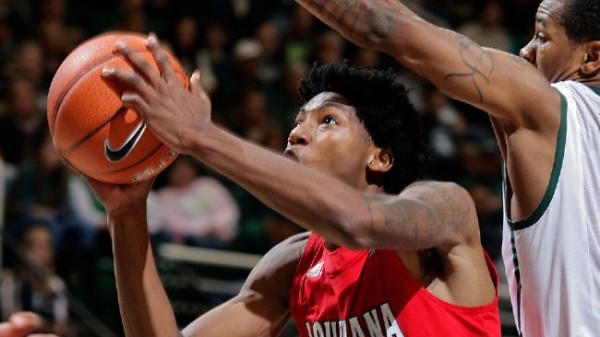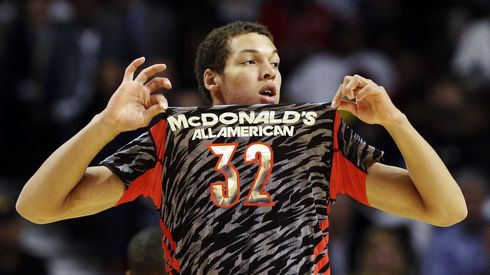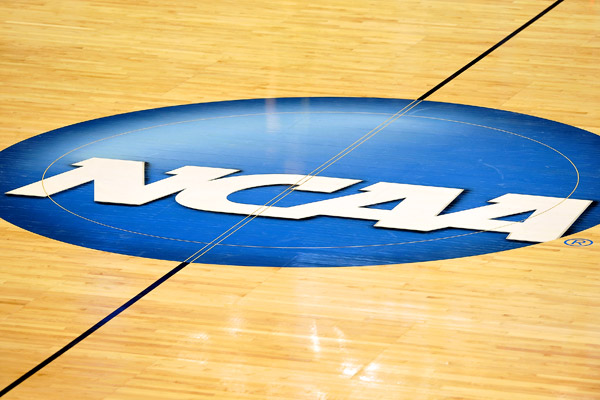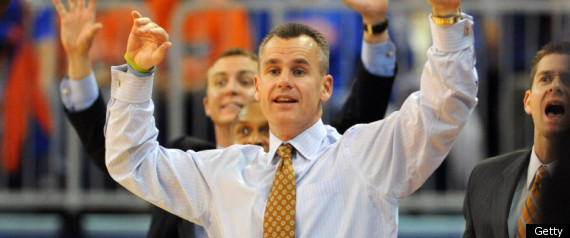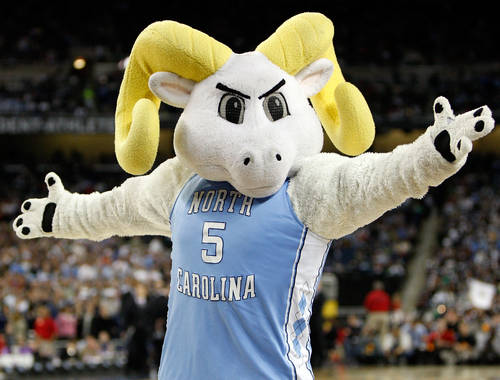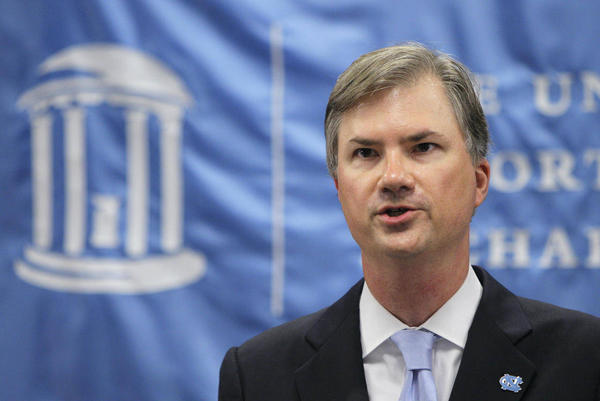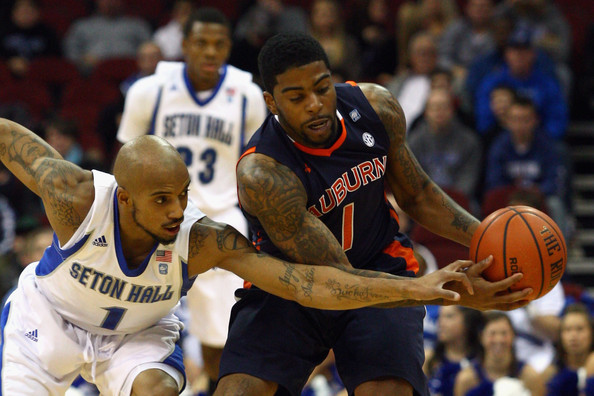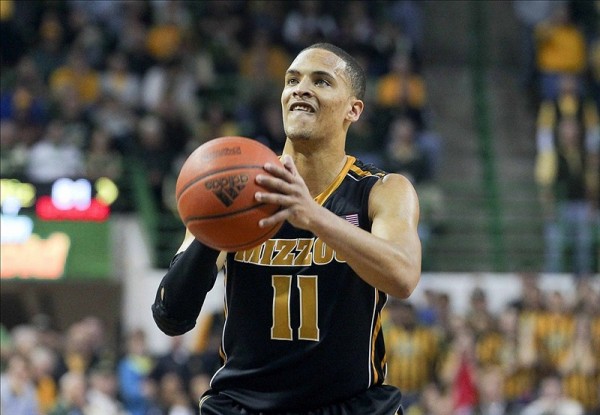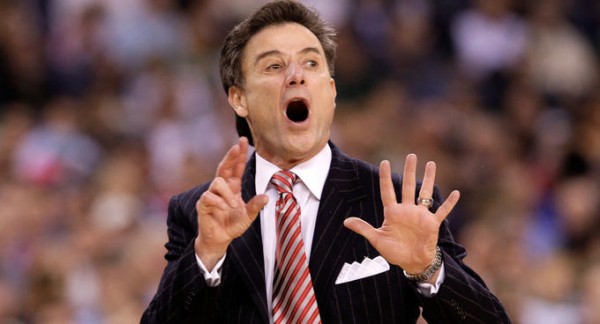The Next Step Of The Ed O’Bannon NCAA Trial Is Upon Us
Posted by Chris Johnson on June 20th, 2013Chris Johnson is an RTC Columnist. He can be reached @ChrisDJohnsonn.
The anatomic framework of college sports as we know it hangs in the balance Thursday, June 20, in the much-anticipated class-action hearing of the landmark Ed O’Bannon trial. Sports trials rarely come this big, or this potentially transformative, and by the time we’re all through here – we’ve still got a long ways to go, mind you – amateur athletics could bear zero resemblance, or very little, to the way it operates today. There is a lot on the line. Thursday’s courtroom meeting, wherein plaintiffs arguing on O’Bannon’s behalf will attempt to have their suit class-action certified by Judge Claudia Wilken, probably won’t render a conclusive verdict. The back-and-forth arguments will merely serve as pieces of evidence in the larger evolution of the case, and if one side’s platform is strong enough at Thursday’s gathering, Wilken could issue a ruling. But she probably won’t, which means we still have time to discuss the pawns involved, what’s at stake, the philosophical and legal implications at hand, and the likelihood college athletics could be completely made over sometime within the next few years.
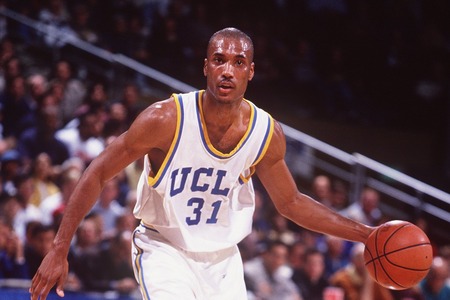
Getting Wilken to rule in favor of class-certification would put O’Bannon and his plaintiffs in the driver’s seat in this critical case (Getty).
Before we get started, I’d be remiss if I didn’t throw out one probably unpopular but incredibly important fact: The NCAA isn’t about to vanish into thin air. Mark Emmert’s opaquely tangled amazon of rules and bylaws is here to stay for at least a couple more years. College sports needs a governing body, and the NCAA, for all its flaws, has fulfilled that basic function, with different degrees of success, throughout its existence. More important is whether the NCAA can continue to exist in the same way it always has. O’Bannon and his partners say nay. They believe athletes deserve a slice of the broadcast rights money shared between the NCAA and its members – the same money that pushed the turnstiles of conference realignment, blew the old Big East to smithereens and forced us all to reconsider the concept of athletic conferences in college sports. O’Bannon sees school and conference administrators and the NCAA getting fat off multi-million dollar TV contracts, the athletes whose competitions make those agreements possible in the first place receiving no financial compensation beyond room and board, the archaic notion of amateurism and its dubious historical origins – and he wants something to change. A lot of things, actually.





























